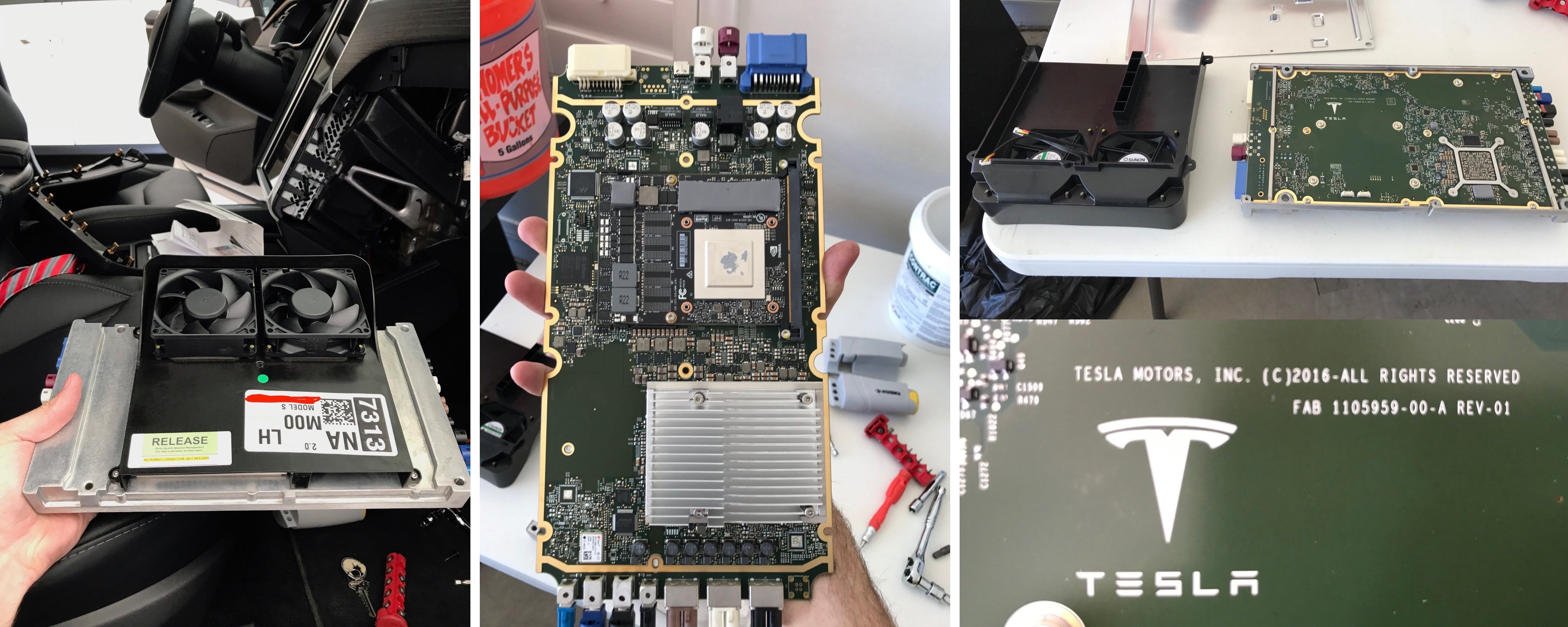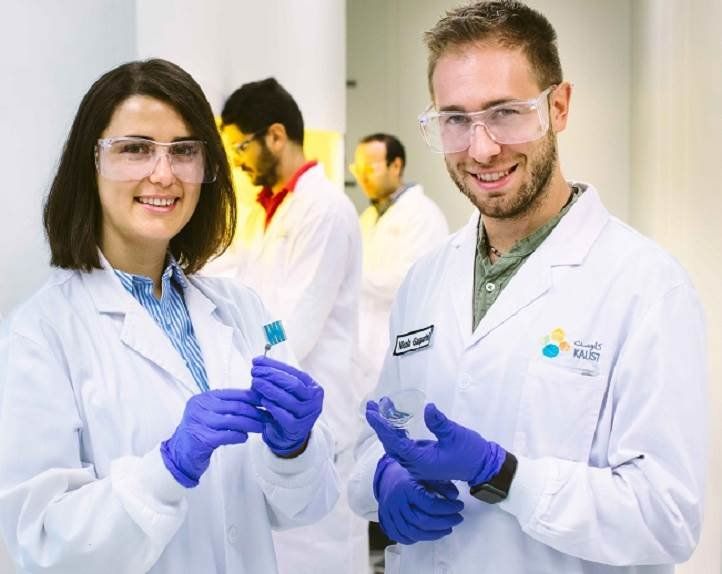Blue Origin believes in a future where millions of people are living and working in space. Why? Because we believe that in order to preserve Earth, our home, for our grandchildren’s grandchildren, we must go to space to tap its unlimited resources and energy. If we can lower the cost of access to space with reusable launch vehicles, we can enable this dynamic future for humanity.
It’s a hopeful vision.
Blue Origin is committed to building a road to space so our children can build a future. www.blueorigin.com








